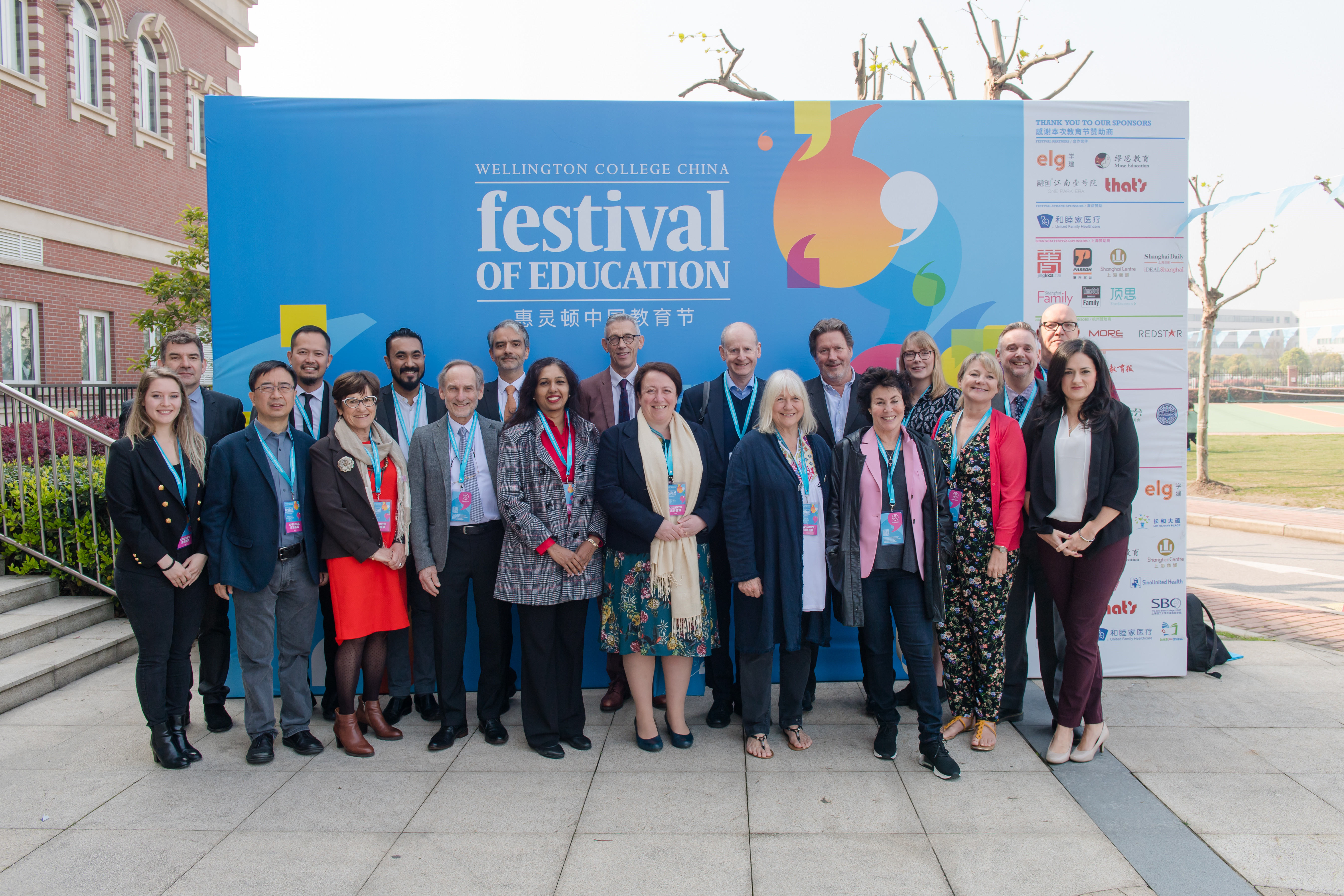
Shanghai, China, April 13, 2019 – Wellington College China’s fourth annual Festival of Education in Shanghai
brought together over 20 expert speakers who delivered more than 70 presentations, talks and workshops over two days,
before moving on to Hangzhou and, finally, Tianjin.
Now in its fourth year, the Wellington College China Festival of Education gathered together educators, progressive
thinkers, innovative practitioners, and numerous experts at one of the country’s leading forums for education, thought
leadership and debate. When welcoming attendees to the event, the Festival Director and Director of Culture at
Wellington College International Shanghai, said: “The 2019 festival is an event designed to provoke debate, encourage
the sharing of knowledge, and prompt reflection about the purpose and intent of education”.
Exploring innovative approaches to education
The 2019 festival offered five distinct strands: Early Years, wellbeing, ‘A Developing Romance’, Exploring
Education, and Multilingualism. These strands allowed the most relevant questions and challenges facing modern education
to be meaningfully explored. The festival encouraged attendees to connect, debate, celebrate, explore, and appreciate
the pace at which modern education is evolving and shifting.
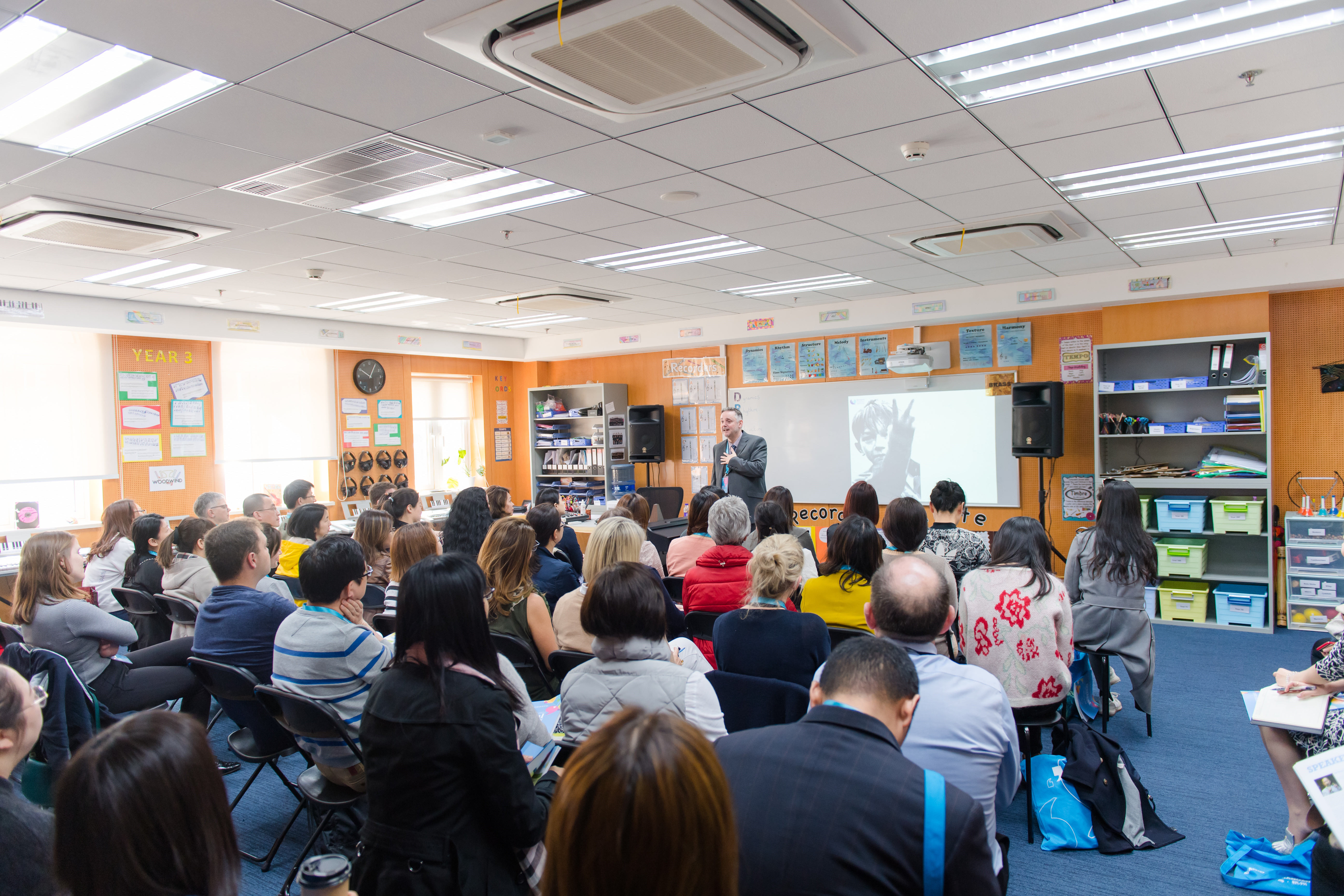
Festival-goers had the opportunity to engage with and gain insights from leading experts and pioneering voices in
contemporary progressive education. Eminent intellectual, Shakespeare scholar, writer, and broadcaster Professor Sir
Jonathan Bate presented on the importance of literature in current society. Writer Lenora Chu, author of the book
Little Soldiers, explored the differences between Chinese and western concepts of education. And Professor
Jian-Wei Pan, Academician, Chinese Academy of Sciences and The World Academy of Sciences and Vice President, University
of Science and Technology of China, led a session on the possibilities of incorporating emerging technologies into
modern education.
This year, the wellbeing strand was a prominent theme. Mental health has become an essential part of the educational
experience, symptomatic of the widespread push towards carefully defined targets and the behaviour required to achieve
them. The festival director remarked: “It’s probably fair to say that education has become more complicated in recent
history. As it adjusts and shifts its position, persistently adapting itself to a fluid global context, so all of its
constituent elements are reconfigured and reshaped. Wellbeing, for example, has been thrust into the limelight and it is
here accorded due respect. In the future, even the near-future, other pressures will be brought to bear on education.
The important thing is to discuss their possible effect and work out whether they are worth accommodating within our
schools.”
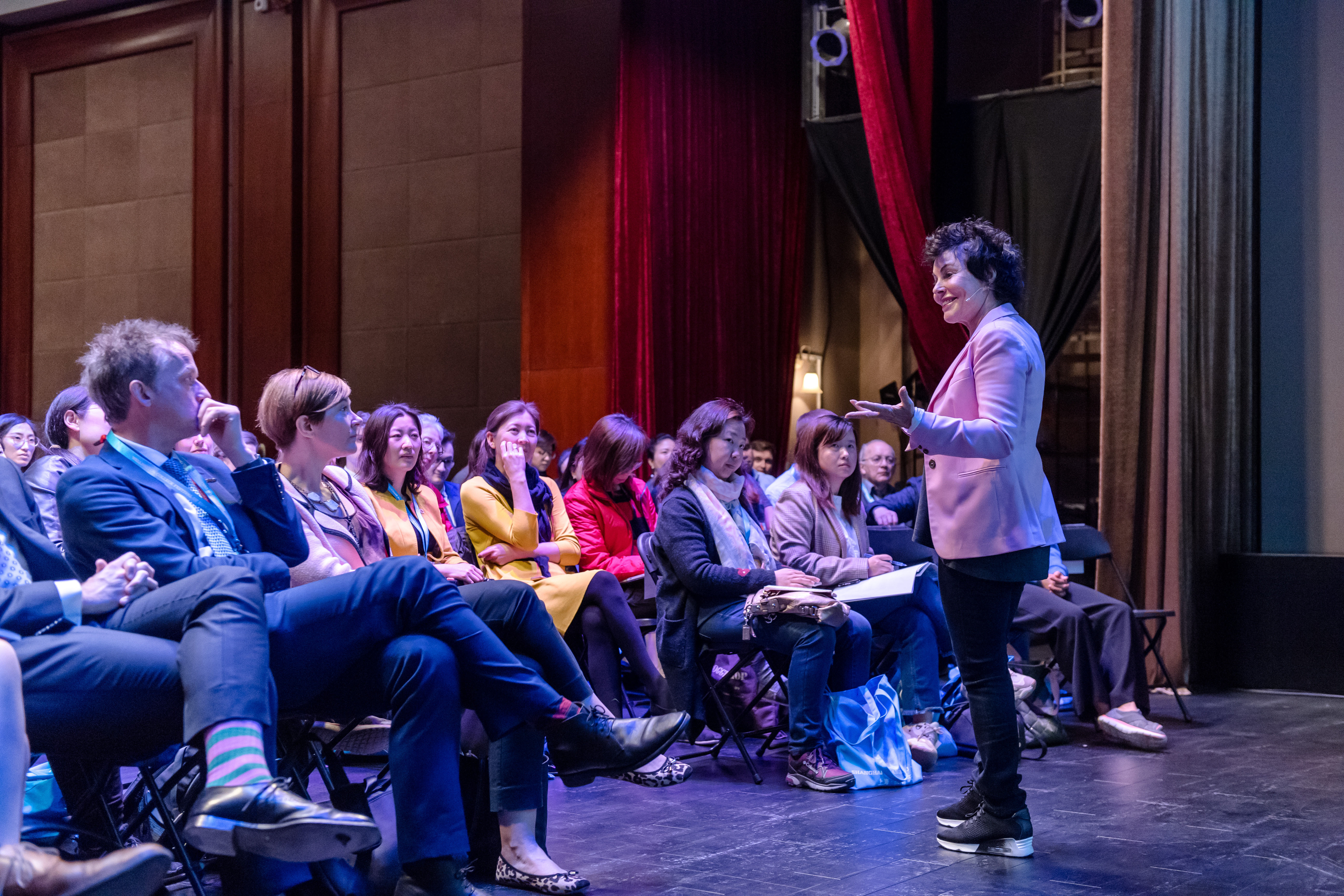
Festival sessions featured prominent names from across the spectrum of creativity, education, mental health
and wellbeing, literature, and academia. The renowned television presenter, comedian and mental health campaigner Ruby
Wax presented her audience with insights on the nature of humanity and asked questions about the things that make us
truly human. In addition, the inventor of the Leuven scale, a measurement for emotional wellbeing, Professor Ferre
Laevers, offered his perspectives on what it means to be properly involved with life.
A commitment to progressive, involving and forward-thinking education
As the 2019 Festival’s predominant theme, ‘wellbeing’ reflects Wellington College International Shanghai’s
commitment to a balanced and holistic education.
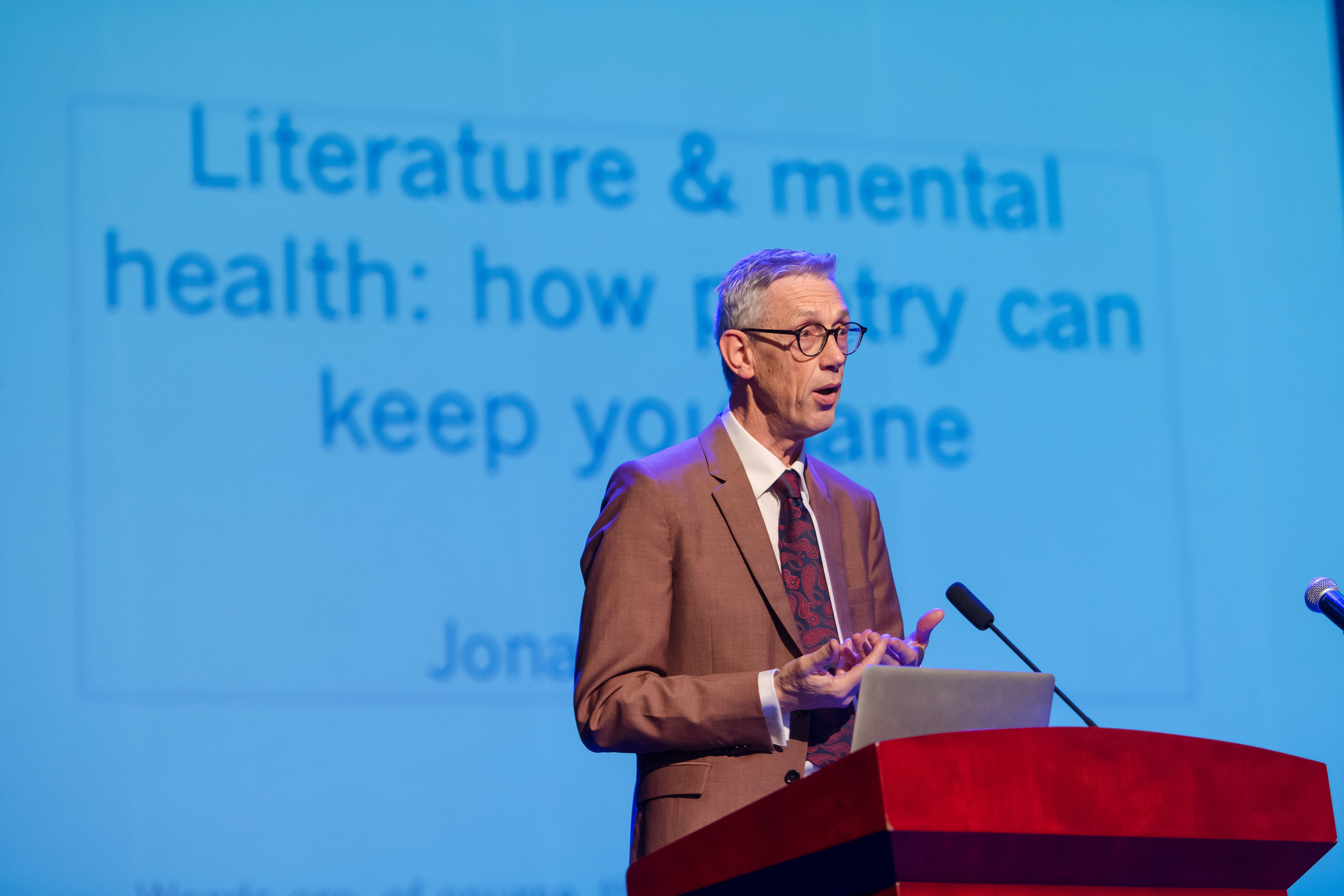
In response to the keynote speech by Professor Sir Jonathan Bate on ‘how poetry can keep you sane’, Eleanor
Prescott, Principal of Wellington College International Shanghai, commented: “Professor Bate’s talk was both deeply
moving and incredibly thoughtful, what a wonderful way to open the festival.”
Meanwhile, the multilingualism strand of the festival has close links to Wellington College China’s commitment to
bilingual education through its Hiba schools. The Hiba Academy Shanghai and Hiba Academy Shanghai represent a marriage
of Eastern and Western practices and philosophies within the framework of the Chinese national curriculum. Stella Zhou,
Principal of Hiba Academy Shanghai, remarked: “Hiba aims to foster the creation of Chinese pupils with a global vision
in the context of the integration of Eastern and Western cultures.”
Keeping education relevant and effective in a rapidly-changing world
The Wellington College China Festival of Education has its origins in the Festival of Education at Wellington
College in England, which is now recognised as a benchmark international educational event. Since its inauguration in
October 2015, the China festival has enjoyed similar success in attracting large numbers of participants to consider and
reflect on the most relevant and important questions facing modern education.
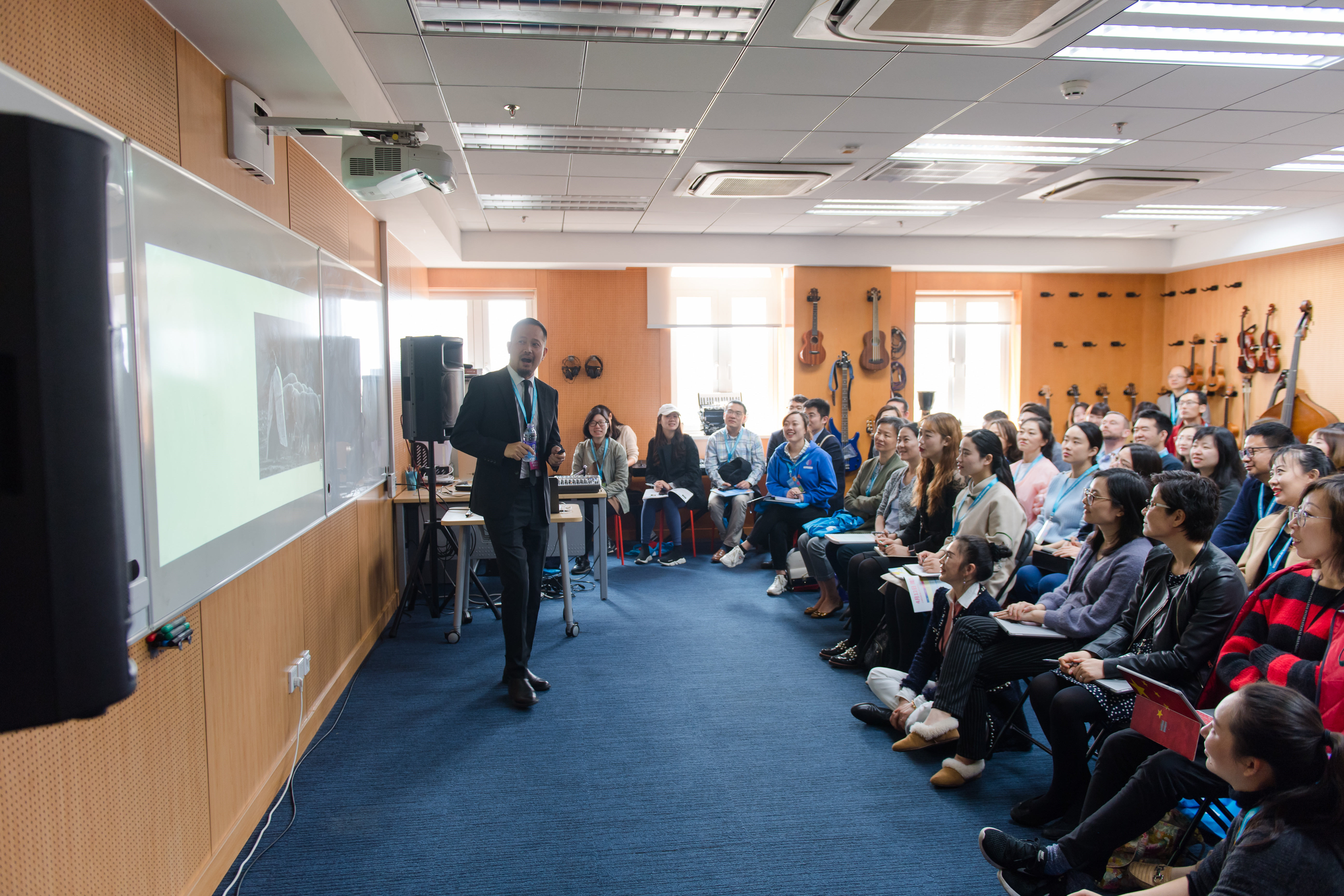
Given that the world is changing so quickly, education must face the challenge to adjust and keep up. This
is no small task. It requires the combined input of educators, parents and pupils to continuously plot the best route.
Accordingly, the Wellington College China Festival of Education focused on developing both theories and tangible
practices, while offering a great opportunity for parents and educators to engage in the ever-evolving conversation
around education. Not only did this approach allow for a variety of perspectives to be considered, it also encouraged
audiences to engage with one another and share their own unique experiences. Attendees were inspired by the
presentations of the various speakers, while also having ample chances to become involved in hands-on workshops and
connect with other educationalists, teachers and parents.
The evolution of education is a process that is constantly being revised, reviewed and renewed, and the Festival of
Education aims to remain a relevant and effective part of that process.





